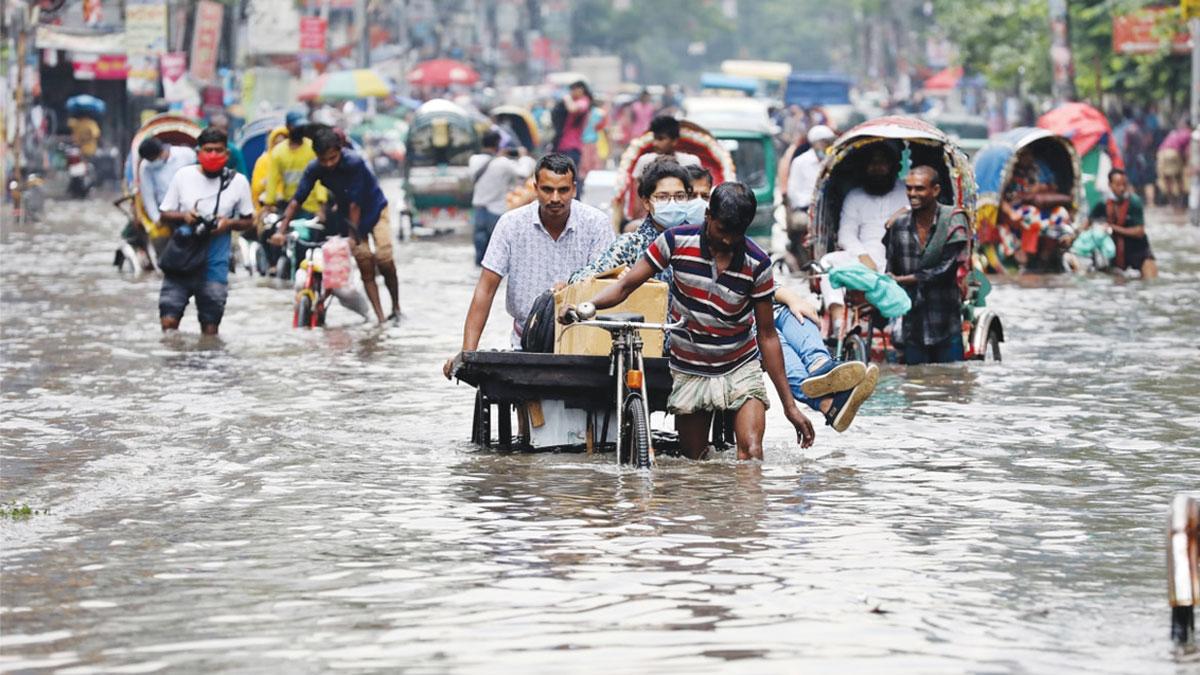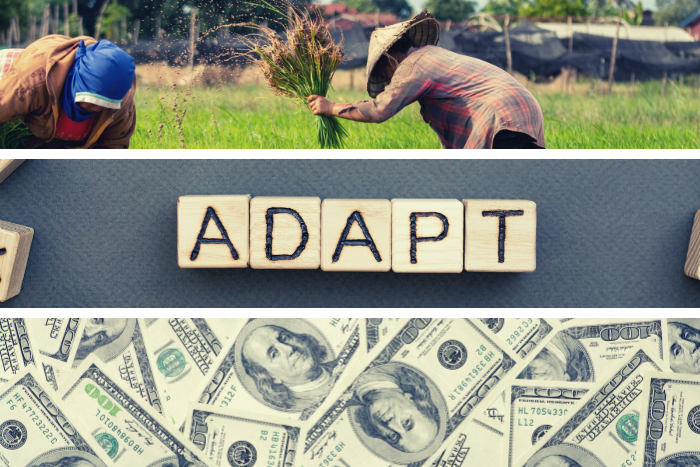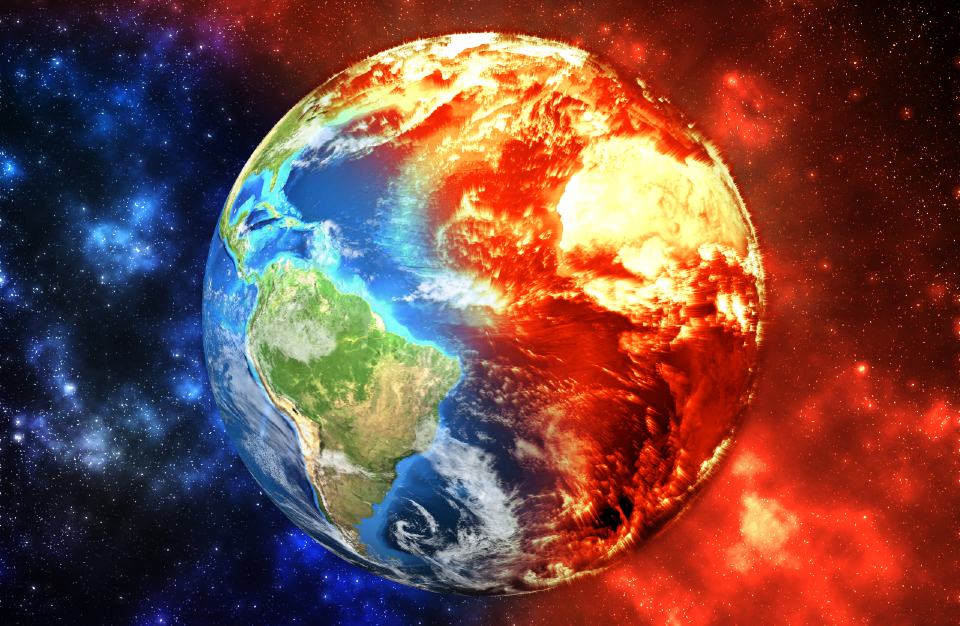Poorest Nations Team Up With Researchers To Formulate Effective Loss And Damage Plans
The world’s least developed countries along with small islands have joined hands to facilitate a better response to climate disasters.
By Editorial Team / Apr 6, 2023

Image Credit: Africa Press Arabic
The world’s least developed countries along with small islands have joined hands to facilitate a better response to climate disasters. Countries such as Nepal, Bangladesh, Senegal, Vanuatu and Malawi have teamed up with the International Centre for Climate Change and Development (ICCCAD) in Bangladesh, and the International Institute for Environment and Development (IIED) in the UK to help set up national facilities that will effectively disburse funds and resources for climate disasters.
The alliance will also help communities inform their governments about local perspectives on climate shocks. It will also prepare climate vulnerable countries to handle loss and damage funds if and when they do come from developed nations.
China gives judges guidelines on hearing climate cases in order to meet carbon targets
China’s Supreme People’s Court came up with guidelines for judges on handling climate-related cases. The guide document encourages judges to balance development with corporate emission reduction when giving their judgements on lawsuits. The document allows courts across China to hear cases related to low-carbon technology, energy conservation, carbon trading and green finance. It also encourages judges to promote climate adaptation and mitigation. According to the document, judges need to focus on the carbon trading market, which has led to a variety of lawsuits in the recent past.
EU reaches deal on first set of rules for green bond issuance
The EU agreed on the first set of rules to issue green bonds aimed at meeting its net-zero goals. Compliance of these rules, however, will be on a voluntary basis. The rules are designed to make it easier for investors to identify high-quality green bonds and companies that will ultimately reduce greenwashing. Among the rules is a clear reporting process on how the proceeds from a bond sale are used. Bond verification by external reviewers has also been standardised. The firms that are issuing the green bond will now have to show how the investments will aid their net-zero transition plans. The deal on the new rules will have to be formally stamped after which it will take a year for them to come into force.
Australia supports Vanuatu’s climate change resolution
Australia supported Vanuatu’s bid for the International Court of Justice (ICJ) to rule on the climate crisis. Vanuatu will soon put up its resolution to the UN general assembly seeking an opinion on the international legal obligations that nations have towards climate action. The small island country wants the ICJ to particularly focus on small island developing countries which are most vulnerable to climate change. The Guardian reported that Australia is likely to push for the inclusion of the obligations of all major emitters—current and historic—as this is the best way for the world to limit warming to 1.5°C. At least 69 other developed and developing nations, apart from Australia, have so far supported Vanuatu’s resolution.
The article was first published in CarbonCopy
Loss and Damage Climate Change Climate Disaster Climate Finance

